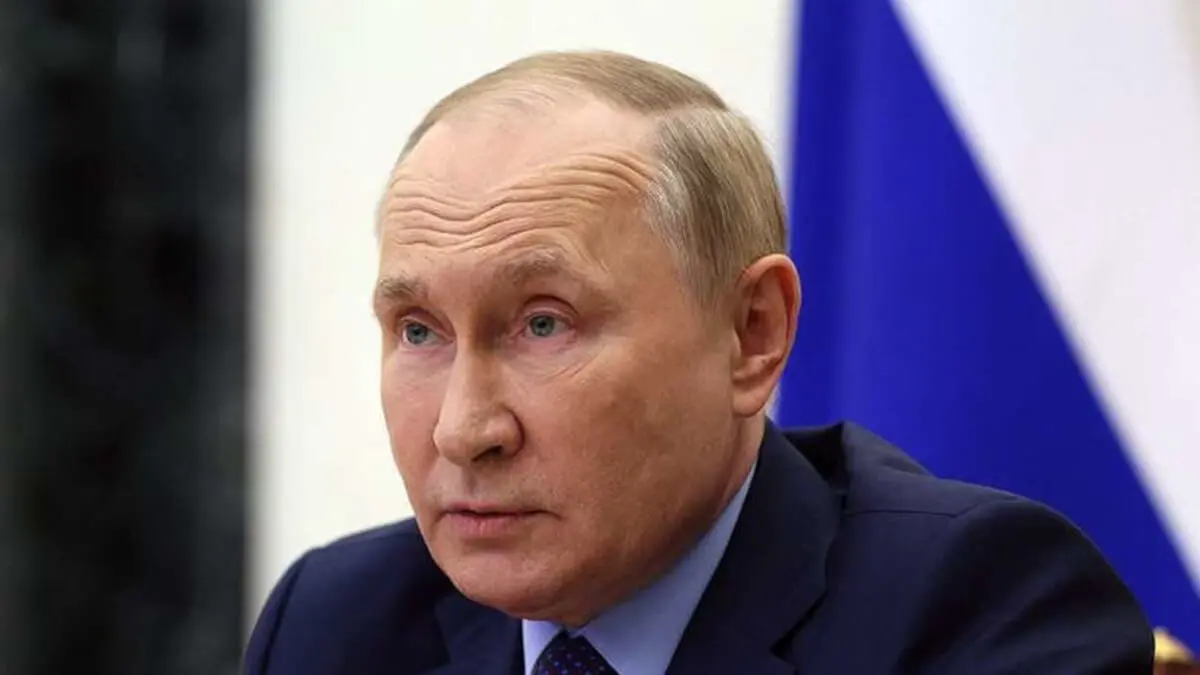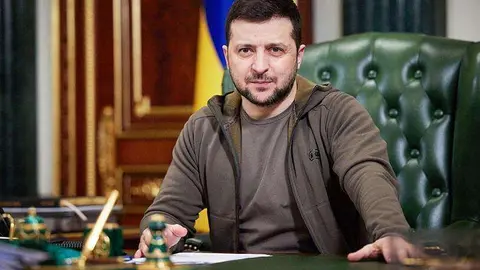Russia pulls away

The war provoked by Russia's invasion of Ukraine will have consequences far beyond its duration or the changes it eventually produces in terms of maps and borders, because it is a war that distances Russia from Europe and vice versa, leaving a wound that will not heal soon, even in the event of a change of course in the Kremlin, a hypothesis that the revolt of Prigozhin and his Wagner Group has brought back to the present day by showing greater internal weaknesses than were assumed and which grow with each passing day.
A recent study - but prior to this "uprising" - by the Levada Centre in Moscow, one of the most credible out there, found that only one in four Russians is following with interest what is happening in Ukraine, this "special military operation" as Putin calls it to avoid the alarmism of the word "war", and because, moreover, he initially thought it would be a matter of a couple of weeks. This is interesting because it reveals that most Russians are not affected by what is happening in their daily lives, which have not been affected by Western sanctions as trade has increased with other countries such as China, India, Turkey (a NATO member) and many others in the Global South (73% of the world's population) that have refused to impose sanctions and stop trading with a country that has traditionally enjoyed a good image among them for its support in the anti-colonial struggles of the last century. Even European luxury goods arrive via third countries with higher profits for the middlemen. The Russian on the street does not care that gas or oil no longer go to Europe because they find other buyers in India or China (albeit at lower prices), and they do not know that there is a lack of investment to guarantee future production or spare parts for aircraft, which are apparently already being cannibalised. This information does not reach the street, which is fed by the Kremlin-dominated media, although I suspect that after this military revolt the Russians will pay more attention to Ukraine.
The Russian media portray an image of the West that resonates with a predisposed public opinion. According to the Russian Foreign Policy Concept, adopted this very year 2023 by the Kremlin, Russia is "a country-civilisation... whose unique historical mission is aimed at building a multipolar international system", or, in Putin's own words, fighting "a battle for self-determination and the right to be oneself" in a world that the West has dominated since 1945, that wants to impose its rules on it and that prevents it from occupying the space it is entitled to by its history, its culture, its size and its political and military weight. These ideas, backed by the powerful Orthodox Church of Patriarch Cyril and other ideologues of the same nationalist stripe, are linked to an ancestral Russian sentiment that, with the exception of the times of Peter the Great (curiosity about Europe, modernisation), Catherine II (entry into the great game of European empires while seeking an outlet to the warm southern seas via the Crimea), and Alexander I (constructive participation in the Congress of Vienna after Napoleon's defeat), has tended to ignore and despise what was happening beyond its borders. Russia is very large, spans eleven time zones, is the only European country that has not yet decolonised and for now seems to be able to afford to do so (Moscow colonised Siberia and the Caucasus when Europeans were colonising Africa).
Conversely, from "civilised" Europe, the practices of a court that kept half the country, the peasants, in slavery were seen as barbaric, a perception that did not improve after the Bolshevik revolution and the Iron Curtain, until there was a brief interlude after the Soviet implosion when things might have changed if Putin had followed in the confused wake of Gorbachev and Yeltsin, when a Russian request to join NATO was even heard but not followed up. But Putin closed that door when he chose to annex Crimea and then invade Ukraine.
Now the Kremlin insinuates that the West might be behind the Prigozhin revolt, forcing Joe Biden to say that Washington was keeping a close eye on what was "an internal Russian affair" in which it had nothing to do. And the same distancing has been shown by the European Union and NATO. Lest there be any doubt. But Russian Foreign Minister Lavrov continues to insist that this is a matter for investigation... because it is in their interest to sow doubts from a domestic political point of view.
Russia is very big, a civilisation-state, as China also likes to define itself. That, increasingly wounded pride, an authoritarian conception of politics, and a mutual conviction of what both perceive as harassment from the United States and Europe, lead Beijing and Moscow to move closer together, however uneasy they sometimes seem to be, while both distance themselves from the West. It is not desirable, but it is not easy to change this trend in this atmosphere of eternal suspicion and, in the meantime, war rages in the heart of Europe. Nor can it be ruled out that such a rapprochement could end up being a brown mark in China's lap. But that is another story.
Jorge Dezcallar, Ambassador of Spain


